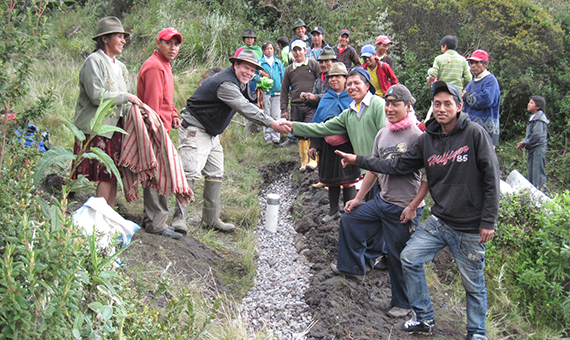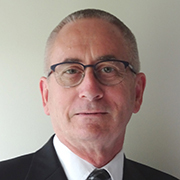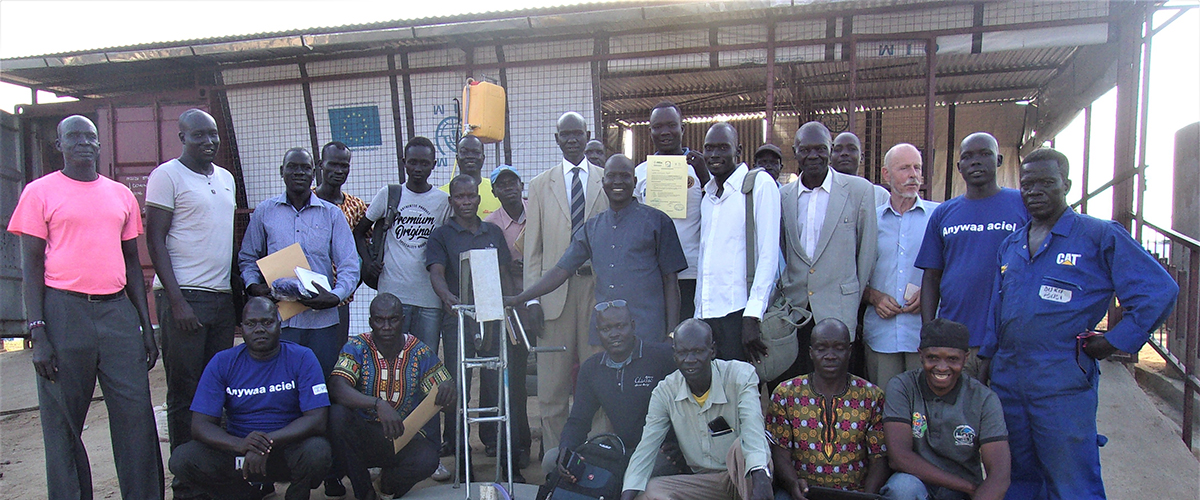

By Chris Bloore, inaugural President, E-Club of WASH District 9980 (New Zealand)
A decade ago, Rotary water, sanitation, and hygiene (WASH) projects were having mixed results and limited sustainability. Establishing an e-club dedicated to WASH was a way to apply the discipline of humanitarian work psychology to volunteer-based aid programmes to address these issues. By carefully matching volunteers’ skills, experience, and personality to the real needs of sustainable water and sanitation projects, Rotary projects could give better value for the time, money and effort expended.
How?
The e-club was the brainchild of past RI President Bill Boyd, via convention conversations with former Dunedin Central Rotary Club President, Steve Atkins, building on a Rotary co-funded Smart-Aid research project. It took nearly two years to arrange sponsor clubs, recruit members, and select officers and all the usual administrative tasks necessary before we chartered on 5 October 2016. Active and enthusiastic support from three successive district governors; Karen Purdue, Trish Boyle, and Janice Hughes and Assistant District Governor Lesley Brook, who mentored us during our first two years of operation, were crucial. We also had a lot of support from Rotary senior leaders, including past RI President Bill Boyd, Nicholas Mancus, Ron Denham, and Anna Shepherd (executive secretary of the Water and Sanitation Rotary Action Groupy).
Challenges
We faced many challenges; being an e-club rather than a face-to-face club, having a globally distributed membership, being one of the first cause-based Rotary club in the world.
E-clubs had already been established within Rotary, so adapting our constitution and by-laws was not too daunting. We had to set up a website, a social media platform and a forum for e-meetings (initially GoToMeeting and later Zoom).
The global membership required some creative thinking about meeting times, complicated by daylight saving in different time zones. We had to set up a New Zealand bank account with an overseas treasurer and internet banking signatories in different countries. Arranging training for our club officers required co-operation with the many different districts in which they lived. We had to invent ways to fund-raise with members distributed over the globe such as trivia night fundraisers over Zoom.
Advice for other clubs
Rotary clubs form, grow, and flourish by adapting, learning, and changing. Learning by doing keeps our club relevant, responsive to changing circumstances, and a lot of fun. As in all clubs, finding tasks for all members is vital to ensure engagement. For single focus clubs there is a risk of “capture” by special interests, for example NGOs in our case. It is also important to remain a Rotary club. Our president, Heidi, stresses the need to keep members “Rotarrified”!
Benefits of being topic focused
Having a single focus means that all the members are committed to that focus, employing their disparate skills and experience in a common task. It also gives us access to a deeper pool of expertise through a related Rotary Action Group (WASRAG), and a variety of professional societies and NGOs aligned with our goals. This makes us more effective and helps us recruit new members.
Our impact
We are developing the capacity to help clubs with district and global grant applications for WASH related projects. We do this by reviewing grant applications, by developing tools to help clubs meet the Rotary Foundation’s requirements, and tools to help project teams in the field. We are in the midst implementing a global grant for WASH in Schools in Nigeria as well as performing community assessments for district grants for Household Water Supply in South Sudan and WASH in Healthcare Facilities in Malawi. This helps us learn first-hand what resources are most effective.
https://blog.rotary.org/2021/03/29/why-our-e-club-is-focused-on-wash/

